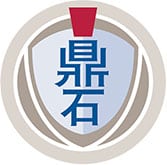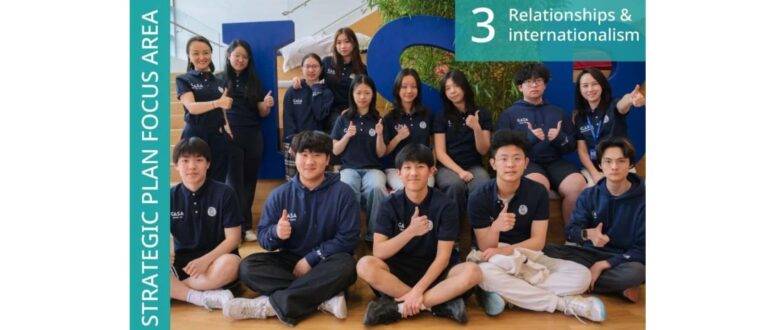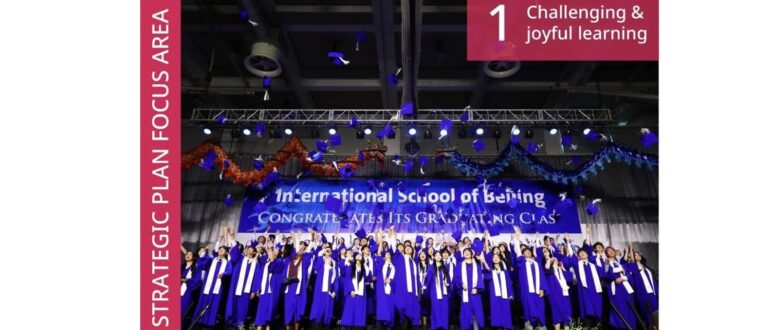On Tuesday, November 10, I was privileged to participate with others in a 90-minute Zoom conversation with Michael Sandel, the renowned Professor of Government at Harvard University. He is perhaps best known for his book Justice, published just over 10 years ago, and the very popular course at Harvard that he teaches on this subject. Sandel’s most recent book, just out, is The Tyranny of Merit: What’s Become of the Common Good.
Darren Walker, President of the Ford Foundation, writes this: “The Tyranny of Merit deftly exposes the flaws and fallacies of meritocratic philosophy. In lucid, illuminating prose, Sandel makes a compelling case for uprooting inequality and building a fairer society shaped by true principles of justice.” Anyone and everyone connected to schools such as ours needs to be aware of some of the key ideas in this book. I have not yet read it, but I can report in this short piece on Professor Sandel’s conversational summary of some of its main themes.
A driving force in Sandel’s thinking is to open up ‘a meaningful debate about what contributes to the common good’. He has been focused on this for many years now, and his book on justice has this question as its subtitle: What’s the right thing to do? He sees the matter of merit as paradoxical, double-edged. On the one hand, the ability and opportunity to rise and improve one’s position in society, based on one’s individual merit, is encouraging; on the other, it has come to be seen by many who do not have this capability to be stifling, and oppressive. In the USA, for example, much emphasis has been placed for many years, and still is, on the value of a college degree for upward mobility in what is often claimed to be a meritocratic society. Yet, as Sandel pointed out, nearly two thirds of adults in the USA do not have a 4-year college degree. How do they feel about being left out in this way?
The answer to that last question is connected for Sandel to the power of the populist movements, some of them white supremacist, in his country currently. He sees their power as a complaint against the ‘tyranny of merit’, a complaint which he would argue is to some degree justified, even as he disagrees with many of the ways used to express that complaint. Sandel suggests that we habitually value different types of work in hierarchical ways that are damaging and, in many cases, wrong. He came back again and again to this phrase, ‘the dignity of work’, and said that the pandemic period had allowed us to think about essential work, and workers, in refreshing ways and to revalue, for example, delivery workers, grocery store workers, truckers, home care providers, childcare providers, and of course health care providers, our nurses and doctors and hospital staff.
An extension of this is to note that ‘doing well’, which often means little more than becoming wealthy, is not necessarily the same as ‘doing good’. The two can, of course, go together, but sometimes the accumulation of riches and royalty makes it harder to do good. For Sandel, success and human flourishing happen when we are ‘exercising our human capacities to contribute to the common good’. He put it thus: ‘The only way we can know that we have contributed to the common good is to see our work reflected back to us’; and, ‘A fundamental human need is to be needed by others and to have that recognized’.
Near the end of a long and winding and fascinating conversation, Sandel remarked on the link in ancient China, and in ancient Greece, between meritocracy and virtue, and between good leaders and good values. But now, he suggested, leaders in many domains are often those who are merely rich and whose values have been corrupted. Many of us in contemporary societies follow obsessively those who have ‘done well’ and we can become too easily fixated on celebrity. Our common good would be better served, he says, by paying more attention to the ‘economy of esteem’, which might lead to a much greater investment in training of all sorts and at all levels, and also a deeper sense of what work contributes meaningfully to the common good and what does not.
How might all this relate to Keystone, our school? For me, it reinforces the deep power of our five shared values, both in philosophy and in practice. We need to link these as often as we can, without becoming monotonous and boring, to what we say and what we do. We must continue grafting these values onto and into our residential, advisory, and other curricula, so that we grow an all-embracing curriculum of and for the common good of our community and, by extension, other communities. Amongst many other things, this means showing sincere respect for all who work here, and recognizing the value of what they do, whatever that is. And, when we make mistakes and fall down, we must find more supportive and better supported ways of picking others up, so that healing gives renewed strength, and becomes a vaccination that ensures future virtue.
With warm regards,
Malcolm McKenzie, Head of School







